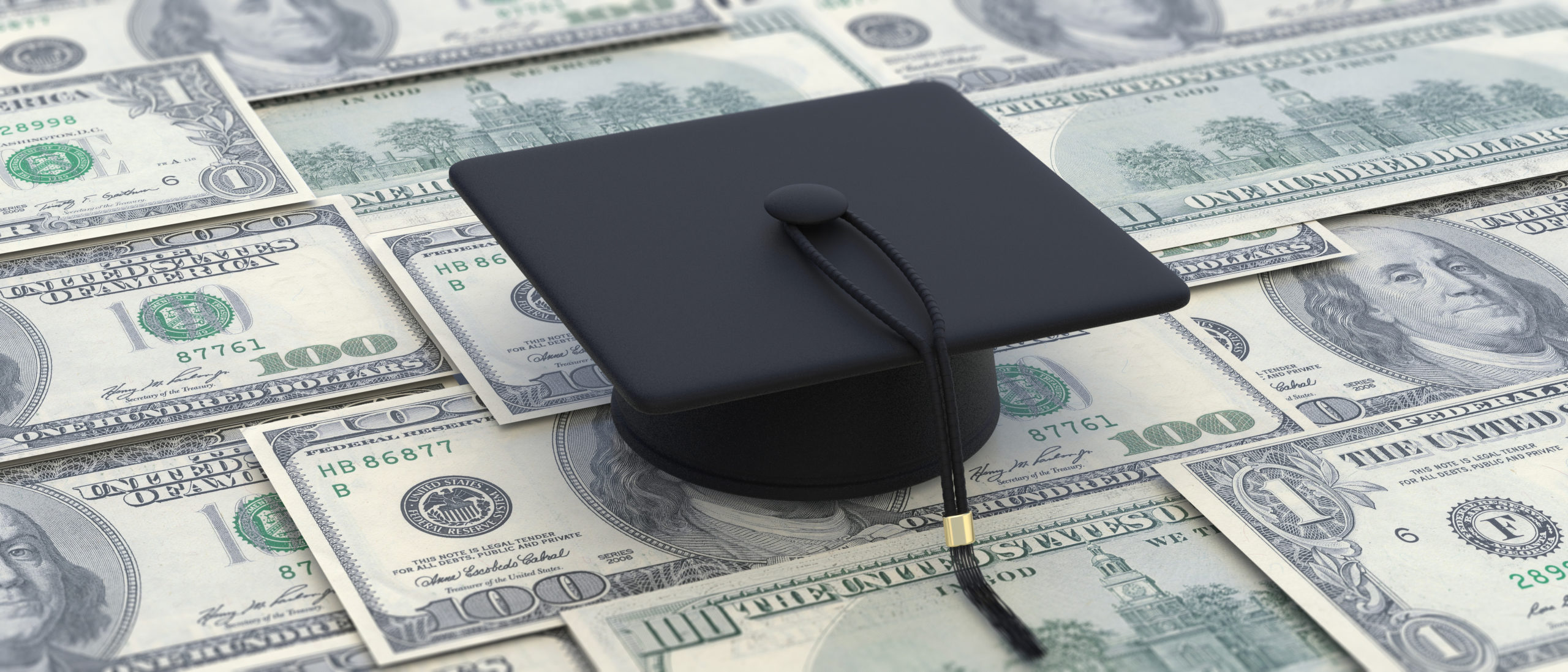The Biden-Harris administration is gearing up to implement a new student debt relief initiative under the Higher Education Act (HEA) this year, offering hope to millions of federal student loan borrowers.
This latest plan, spearheaded by the U.S. Department of Education, seeks to provide targeted debt relief to various groups of borrowers, potentially canceling a portion or even the entirety of their federal student loans.
Borrowers have until August 30 to opt out of this new HEA forgiveness plan if they do not wish to be included. For those who choose to stay enrolled, no action is needed—the Department of Education will automatically consider them for relief. “In early August, we emailed all borrowers about this potential student debt relief,” the Department of Education noted. “If you want to be included in potential student debt relief, you don’t need to take any action. If you don’t want to receive this debt relief, you need to tell your loan servicer.”
The plan’s eligibility criteria are broad, targeting borrowers who have struggled with repayment, those whose loan balances have grown beyond the original amount, and those who attended institutions that failed to meet the Department’s accountability standards. The initiative could also benefit borrowers who never applied for previous relief programs.
The Department of Education is working to finalize the necessary regulations by this fall, with implementation expected to begin in October. However, the plan could face challenges from Republican state leaders who previously opposed Biden’s earlier student debt cancellation efforts.
These leaders argue that the scope and cost of the plan are too expansive, a stance they successfully used to block Biden’s previous attempt under the HEROES Act earlier this year.
The HEA forgiveness plan was announced in September 2023 following a Supreme Court ruling in June that blocked Biden’s initial student debt cancellation proposal. The ruling left millions of borrowers in limbo, with only a small fraction of the over 40 million individuals with student loan debt seeing any relief.
Research from 2023 suggests that student loan forgiveness could increase wealth for Black borrowers by as much as 40%, making the stakes of this new plan particularly high for communities of color.
Borrowers who choose to opt out of the new HEA plan should be aware that doing so will also exclude them from any forgiveness tied to enrollment in an income-driven repayment (IDR) plan over the next several months. Once the August 30 deadline passes, opting back in will not be an option. Additionally, loan servicers will not be able to provide eligibility status updates to borrowers.
As the Biden-Harris administration pushes forward with its student debt relief efforts, the outcome of this plan could have a significant impact on the financial futures of millions of Americans.
With the implementation process set to begin soon, borrowers are encouraged to stay informed and make their decisions carefully as the deadline approaches.


